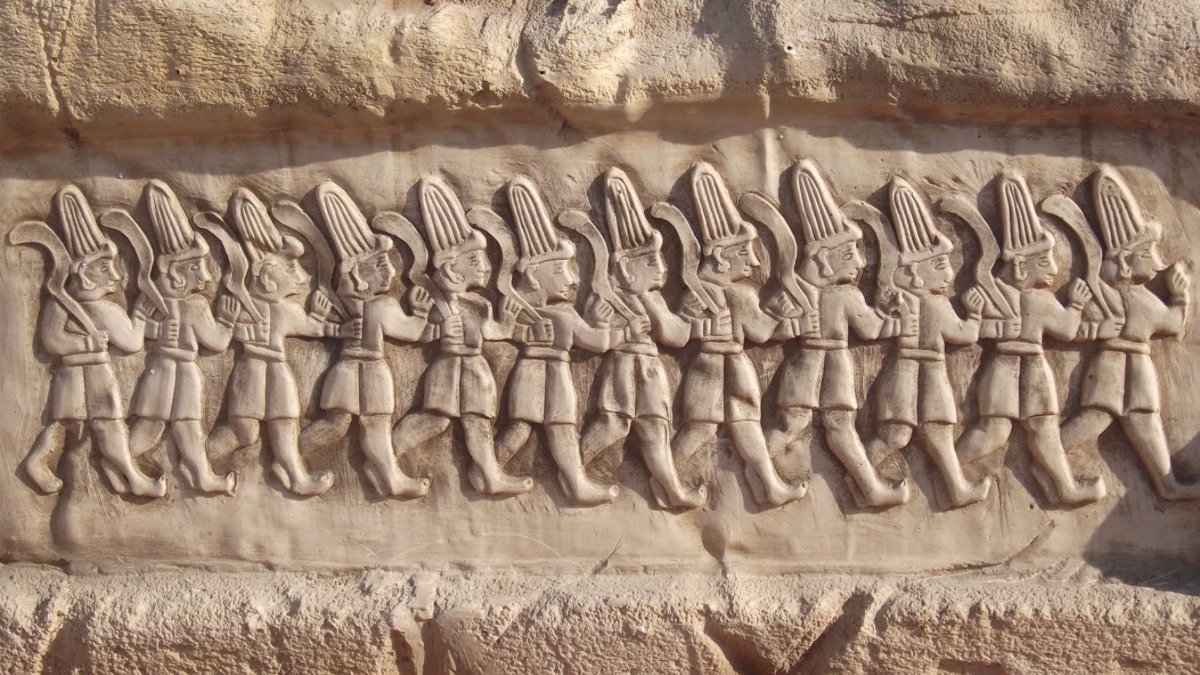Discussions around family nude contexts often provoke curiosity and debate. Family nude situations can bring unique perspectives to topics like modesty, respect, and boundaries within familial settings. Let’s delve into how these ideas connect with biblical principles and modern family dynamics.
Exploring Nudity in Biblical Context
Nudity is indeed acknowledged in the Bible, symbolizing vulnerability, innocence, or even shame. However, biblical references primarily emphasize modesty and purity rather than explicit discussions of family nudity.
TL;DR
Family nude settings are not explicitly addressed in the Bible. Instead, the principles of modesty and respect serve as foundational guidelines for family relationships. Maintaining open communication and understanding personal boundaries are essential components.
The Importance of Modesty
Modesty is a recurring theme in biblical teachings, stressing the significance of honoring one’s body and upholding decency. Although family nudity is not extensively discussed, the concept of modesty extends to all spheres of life, including interactions within the family unit.
Relevance to Contemporary Family Life
In today’s society, attitudes towards nudity within families vary widely. While some perceive it as natural and normal, others prioritize privacy and boundaries. Understanding biblical teachings on modesty can assist families in navigating this delicate balance effectively.
Connecting Personal Nudity to Family Dynamics
Individual perspectives on nudity can significantly influence how it is approached within the family setting. Developing a culture of respect, sensitivity, and transparent communication regarding personal boundaries is vital for nurturing healthy family connections.
Influence on Contemporary Family Dynamics
The presence or absence of discussions surrounding family nudity can have a profound impact on family dynamics. Creating an environment of empathy, acceptance, and mutual regard is crucial for effectively addressing such sensitive subjects.
Addressing Nudity Within Family Settings
Promoting open dialogue, education, and establishing clear boundaries are key elements in dealing with family nudity constructively. By aligning personal convictions with biblical teachings on modesty, families can foster a harmonious family environment.
Incorporating Biblical Values into Family Interactions
While the topic of family nudity may not be extensively covered in the Bible, the underlying values of respect, love, and modesty can serve as guiding principles for families in nurturing healthy and wholesome relationships.
The Link Between Personal Nudity and Family Relations
Personal perspectives on nudity can have implications for family relationships. Recognizing individual comfort levels and setting clear boundaries fosters an environment conducive to healthy family interactions.
The Contemporary Impact of Family Nudity
The presence of nudity in family environments can influence modern relationships. By promoting transparent communication and mutual respect, families can navigate this aspect thoughtfully and positively.
Contemplating Nudity Within the Family Context
Navigating conversations about family nudity necessitates sensitivity, effective communication, and an appreciation of personal boundaries. By integrating biblical principles of modesty and respect, families can approach this subject with elegance and unity.
For more insights on biblical perspectives and life principles, you can explore this resource.
Watch this video to learn more about Christians’ perspectives on nakedness:
List of Verses and Scripture Resources about Nudity and Nakedness in Family:
- Genesis 2:25: “Adam and his wife were both naked, and they felt no shame.” This verse illustrates the innocence and absence of shame associated with nudity in the context of the first human couple.
- Exodus 20:26: “And do not approach My altar by going up steps, so that your nakedness is not exposed on it.” This verse emphasizes the importance of modesty and respect even in the worship setting.
- Ezekiel 16:36: “This is what the Sovereign LORD says: Because you poured out your wealth and exposed your nakedness in your promiscuity with your lovers.” This verse showcases the negative connotations of exposing one’s nakedness in a promiscuous manner.



